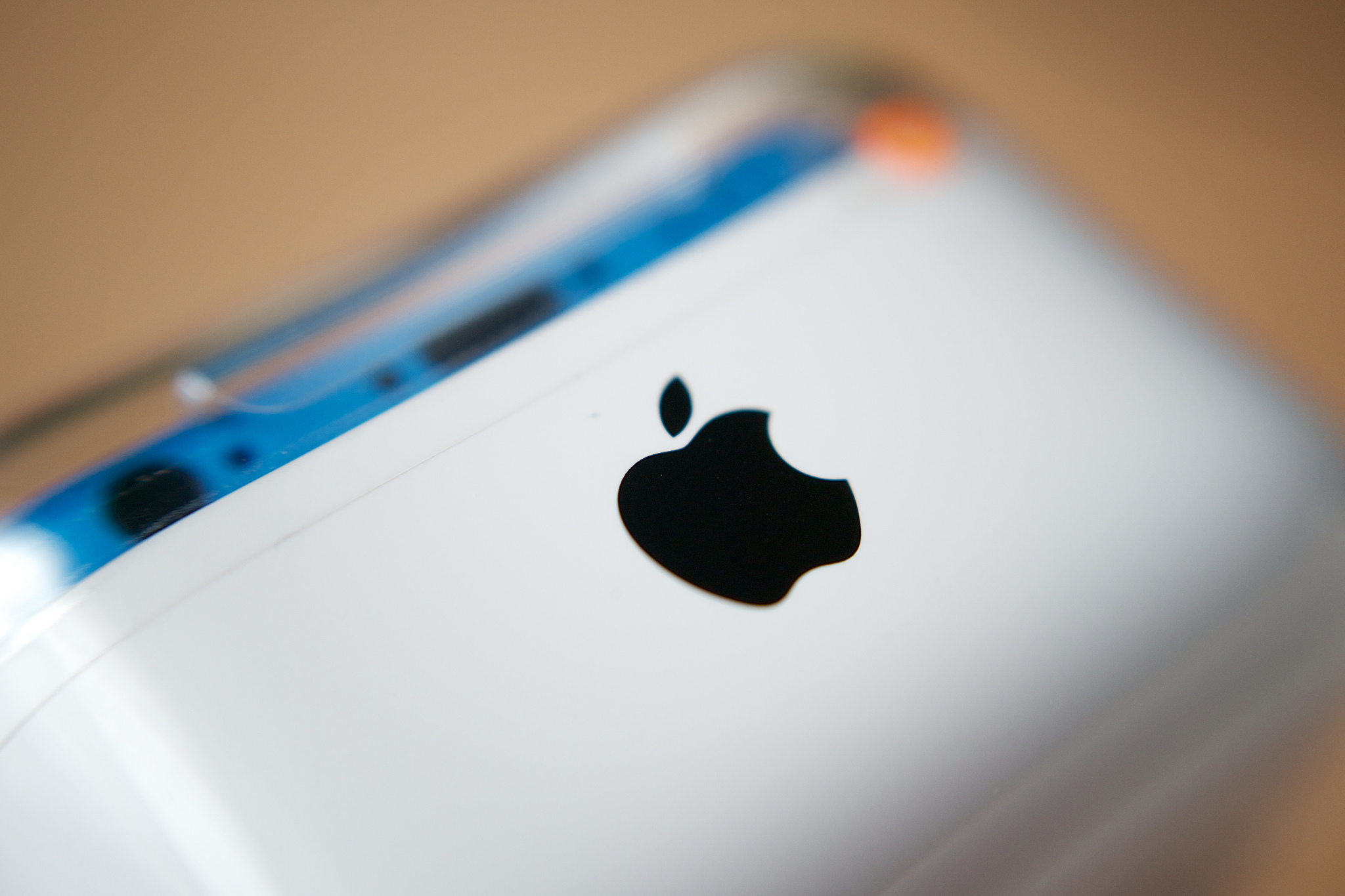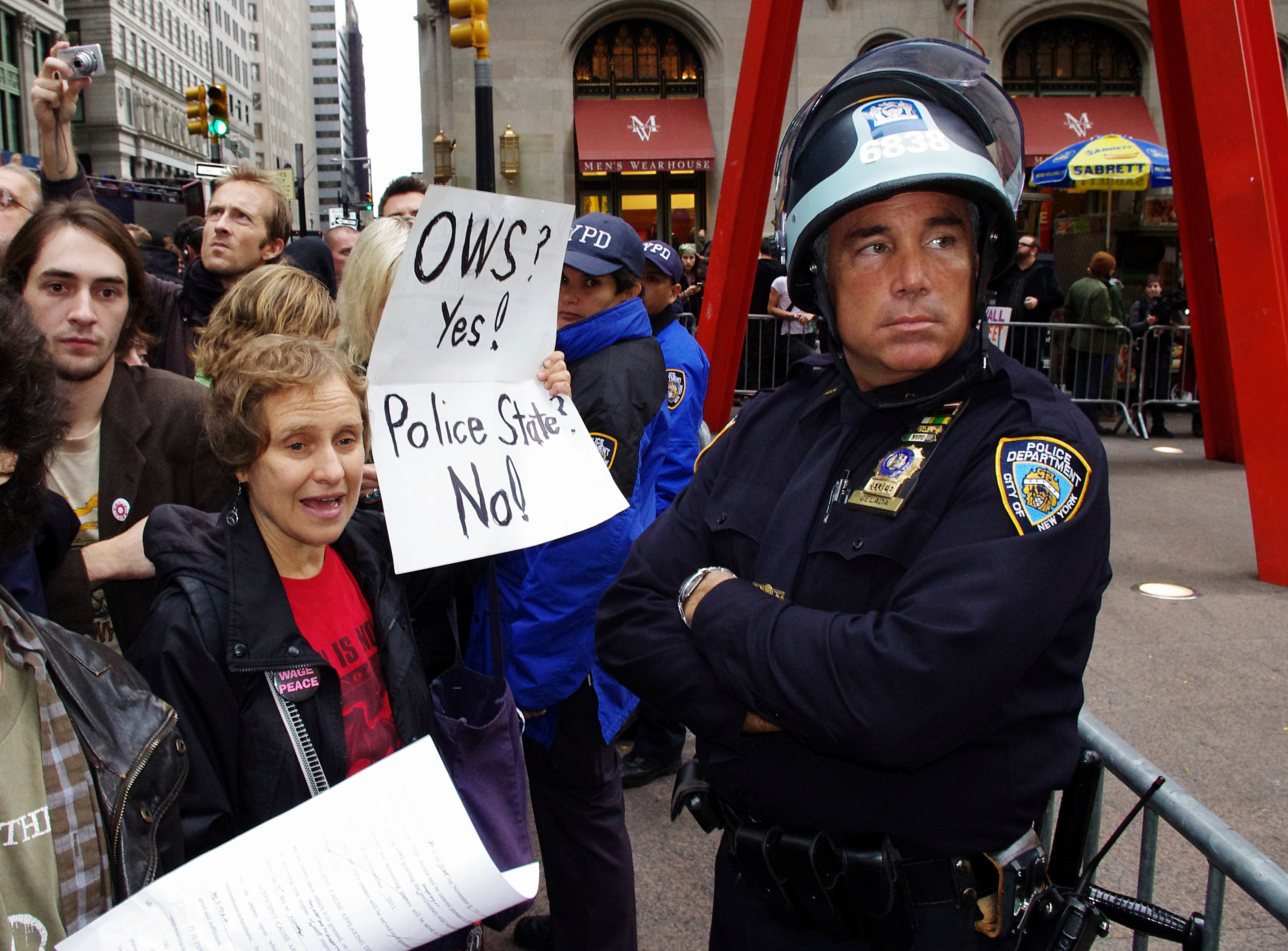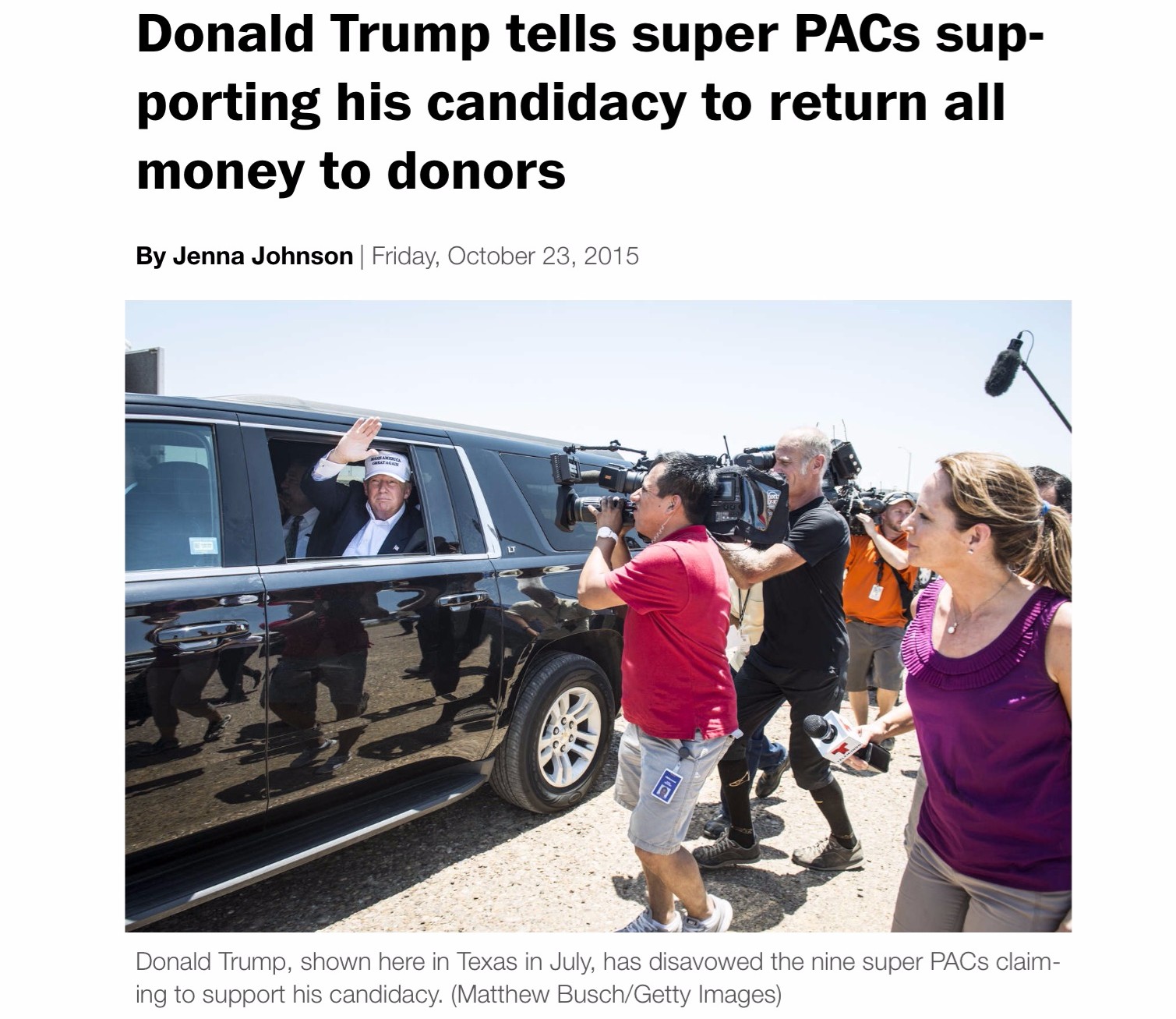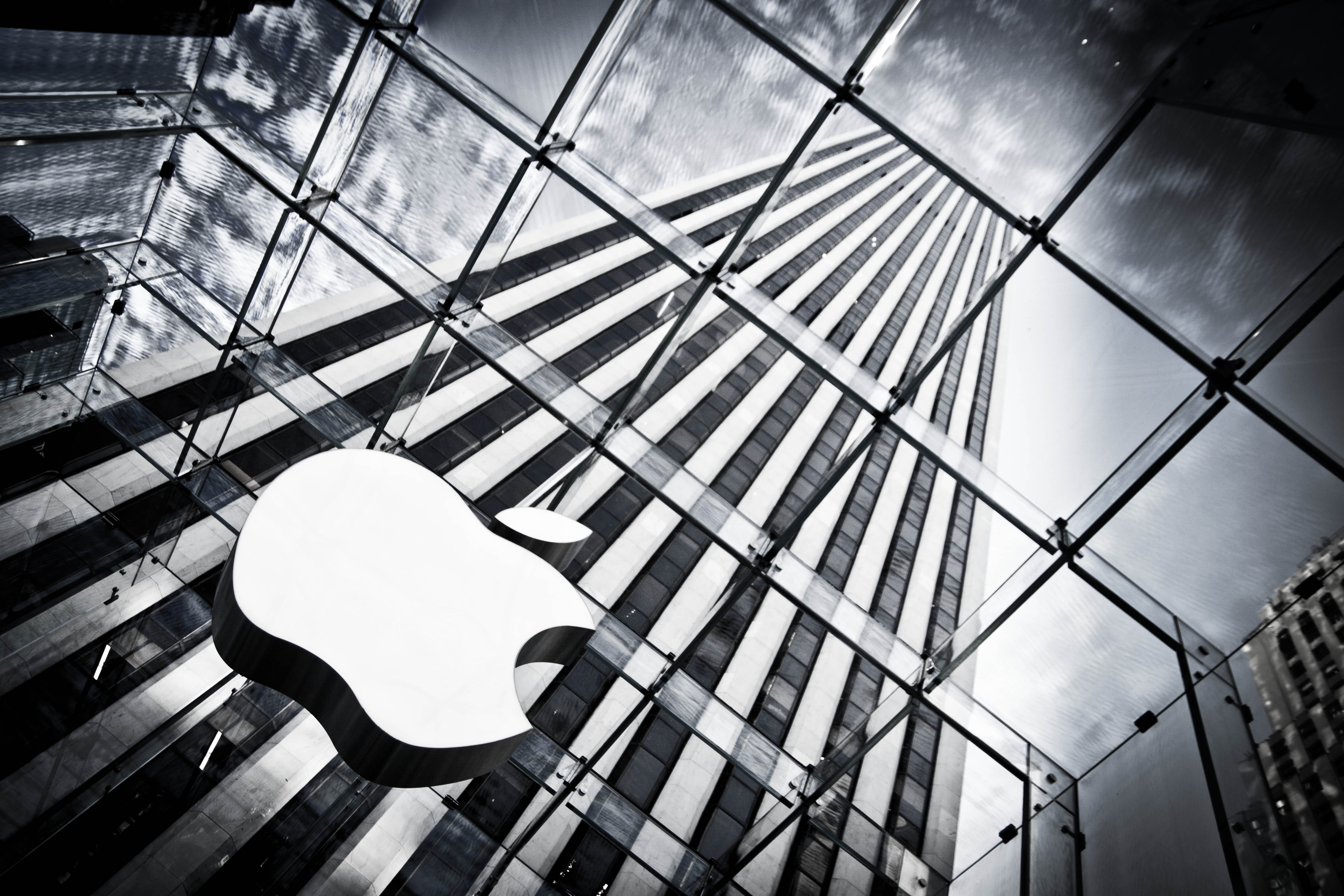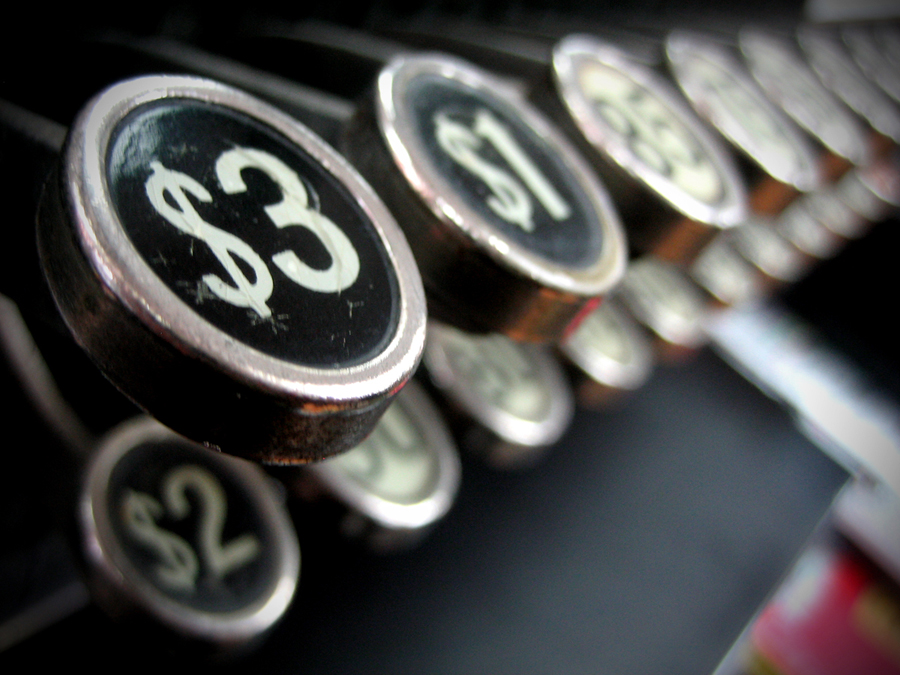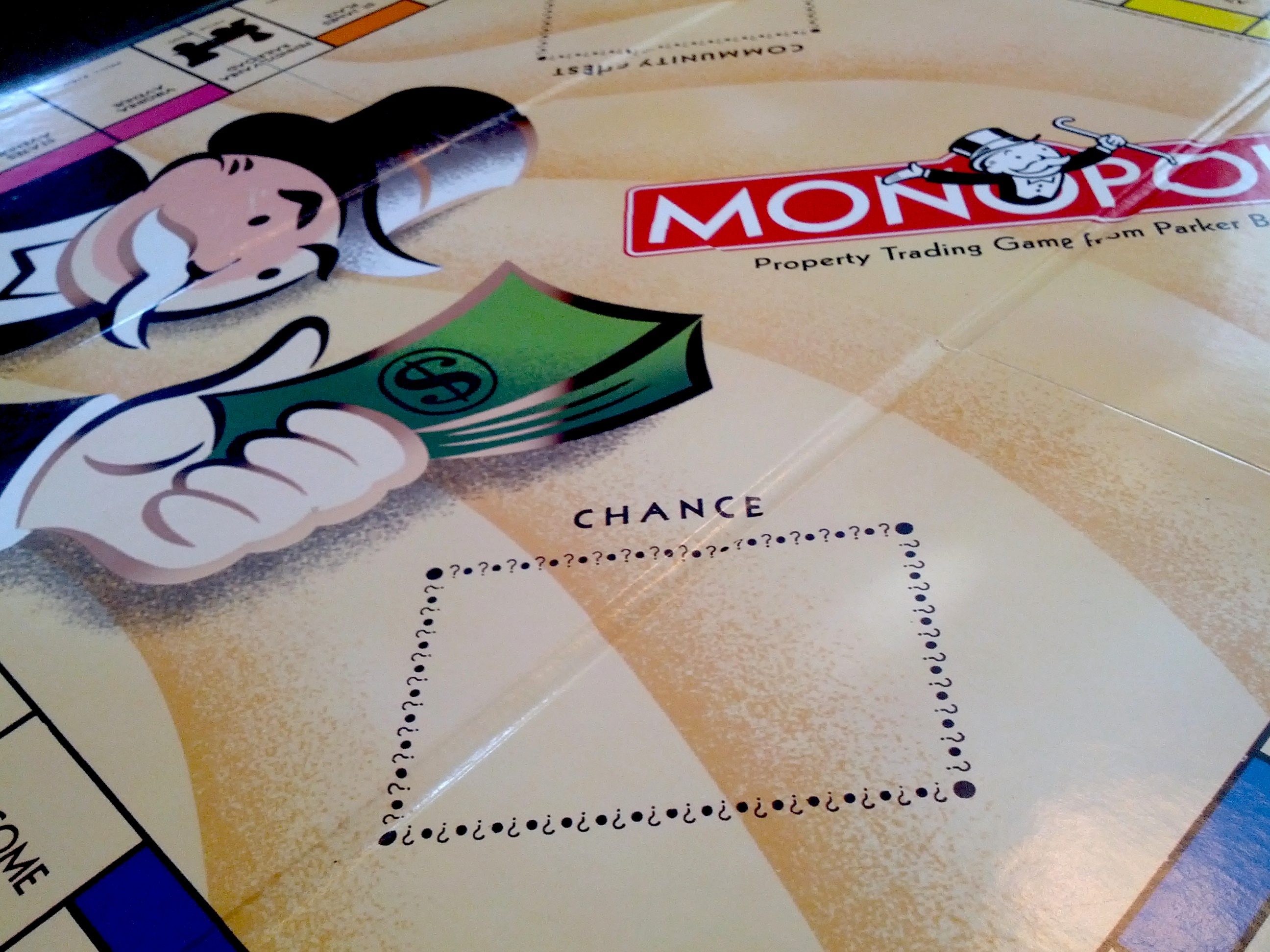Listening to Apple’s fiscal second quarter 2016 earnings conference call yesterday was like attending a funeral—where the eulogy is for someone whom you know has gone to Hell. There’s no way to sugarcoat that the good days are over and an eternity of burning flesh awaits. I kid you not. Haul over to iTunes and download the replay. You’ll feel the grim reaper looking over your shoulder while CEO Tim Cook talks as joyfully about Apple’s performance as a man granted last words before the gallows.
And I wonder why? So what that Apple reported its first revenue decline in 13 years, or that iPhone sales fell for the first time ever, or that Q3 guidance is a few billion short of Wall Street consensus? This friggin’ company still mints money, and that ain’t changing anytime soon. Revenue reached $50.6 billion—more than Alphabet, Facebook, Microsoft, and PayPal combined. Apple’s $10.5 billion net income exceeds that of Alphabet and Microsoft together. Oh, and iPhone generated more revenue ($32.86 billion) than either competitor’s total sales. Apple ended the quarter with a $232 billion cash horde. And we get a wake, not a celebration?
